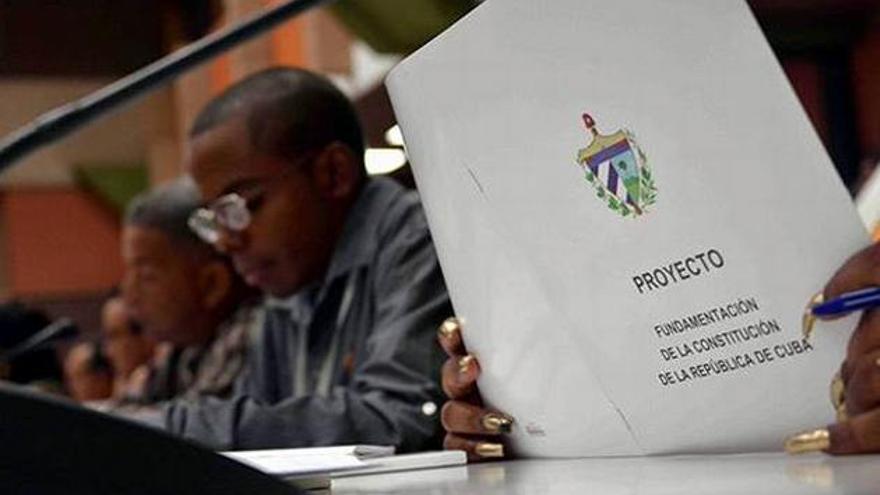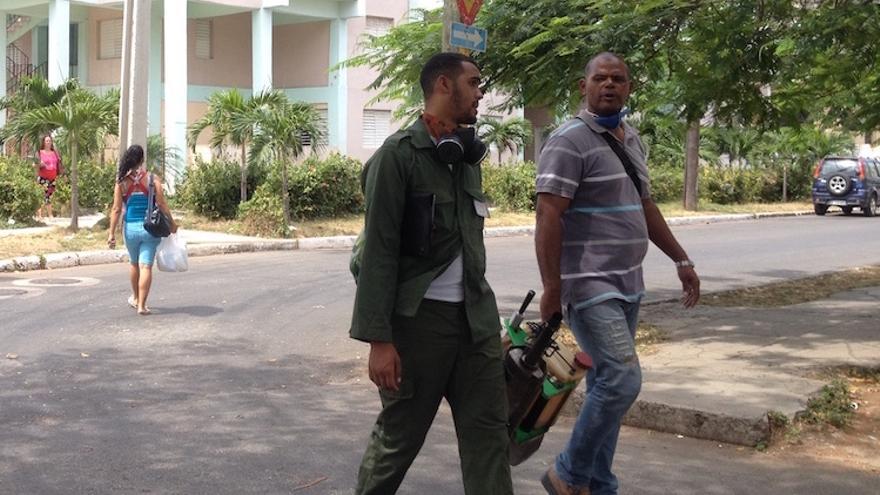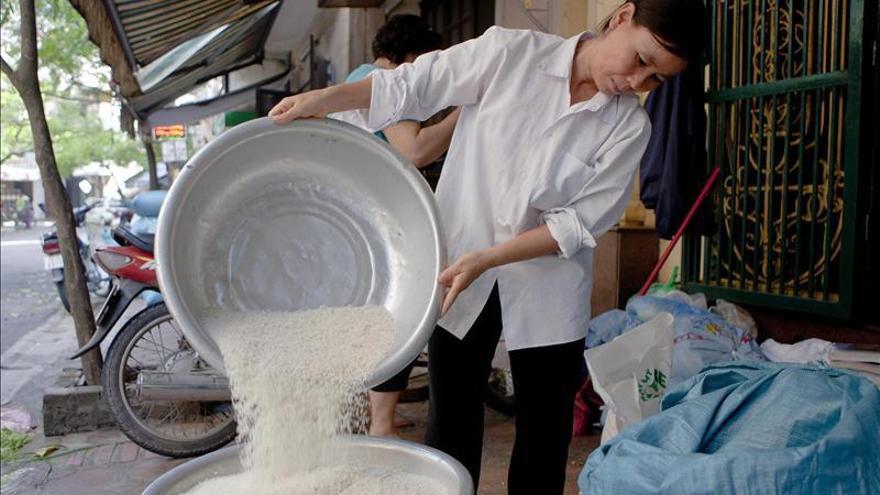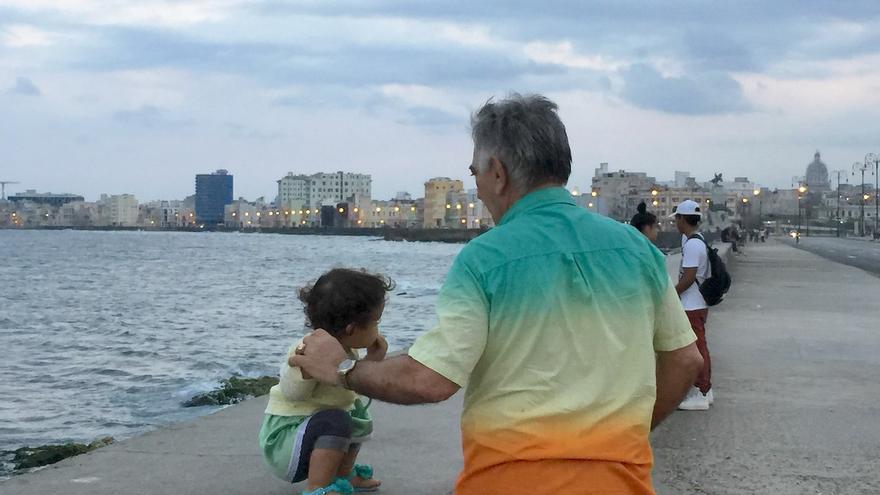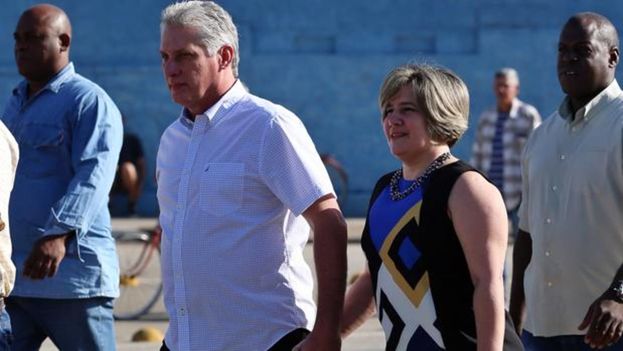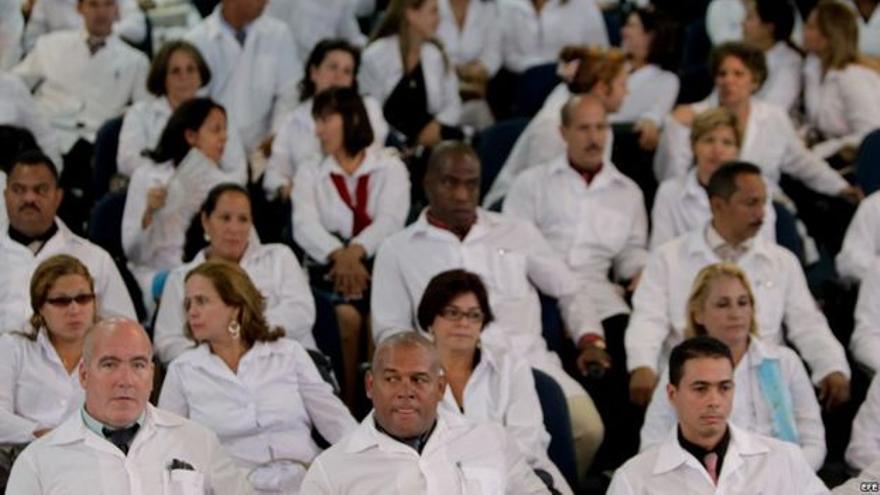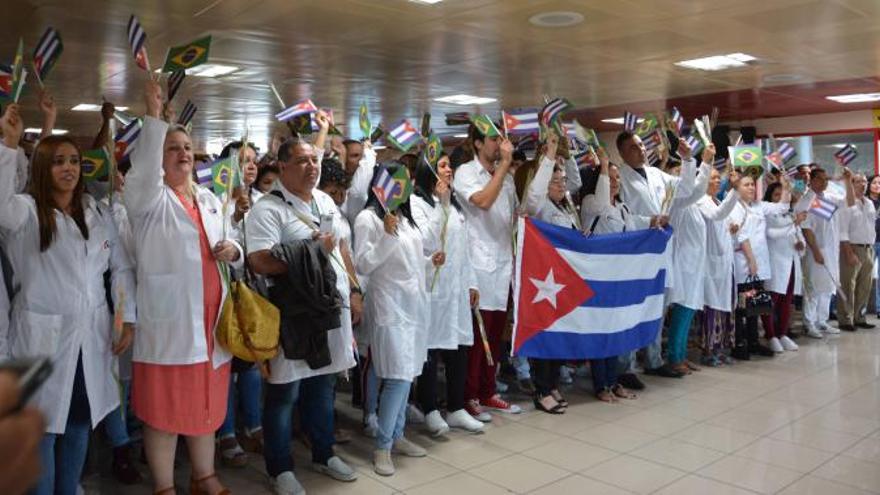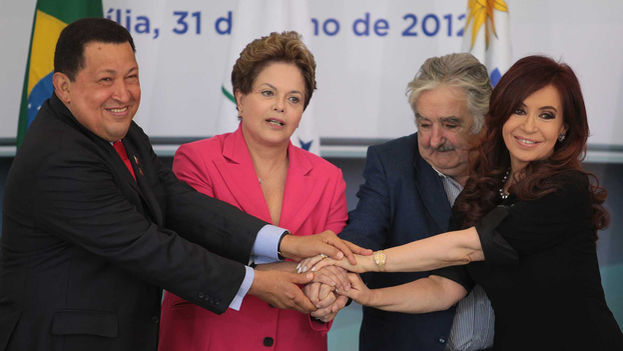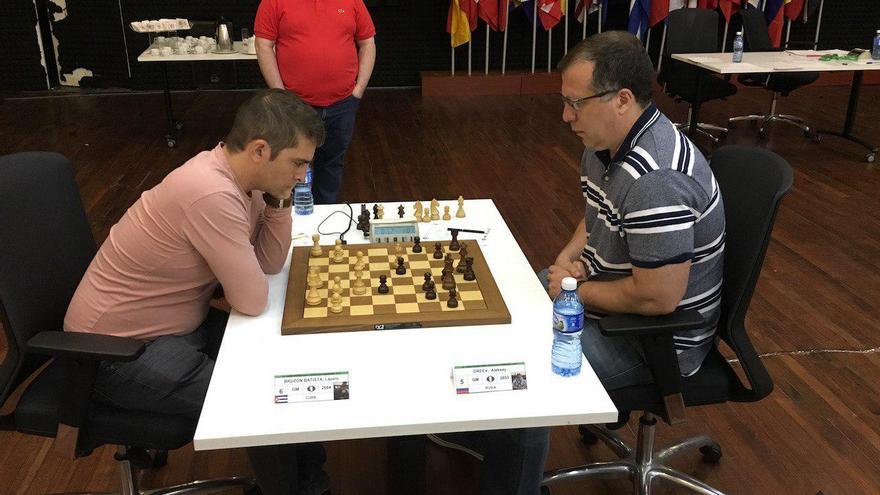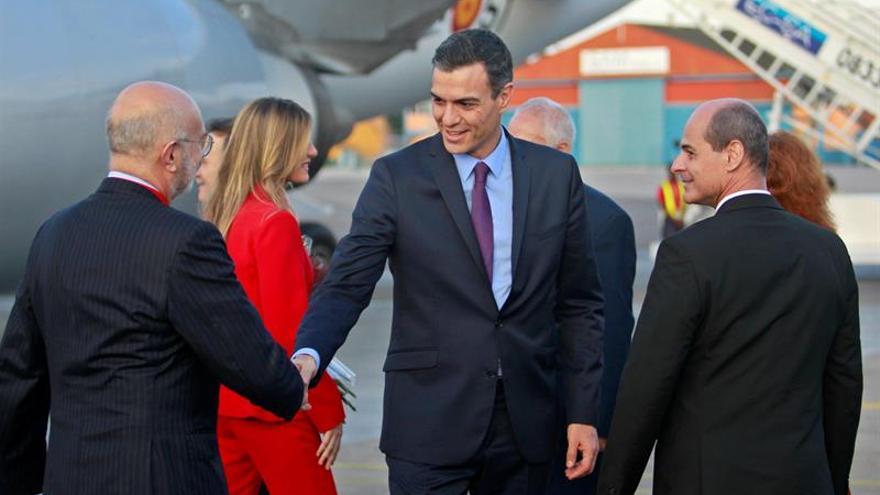
![]() 14ymedio, Carlos Alberto Montaner, Miami, 3 December 2018 — The image of the 21st century is that of fleeing multitudes. Who can forget the photo of Alan Kurdi, the three-year-old boy drowned in the Mediterranean when his Syrian-Kurdish family tried to flee from the hell organized by the Russians to support the despot Assad? He looked like he was sleeping (or rather snoozing, the baby was so small and cute).
14ymedio, Carlos Alberto Montaner, Miami, 3 December 2018 — The image of the 21st century is that of fleeing multitudes. Who can forget the photo of Alan Kurdi, the three-year-old boy drowned in the Mediterranean when his Syrian-Kurdish family tried to flee from the hell organized by the Russians to support the despot Assad? He looked like he was sleeping (or rather snoozing, the baby was so small and cute).
Or the images of the caravans of Central Americans, especially Hondurans, who were trying to cross the border to the United States. Or the sub-Saharan Africans who travel crammed in small boats towards an uncertain European destination of drugs, prostitution or, in the best of cases, sale of counterfeit goods in makeshift stalls.
We have to do something. The phenomenon is universal. The poor, the persecuted and those crushed by political repression know that there is a better world and that it is elsewhere, within reach of a raft, a difficult road or a border river. Movies, television, social networks give constant news of those happy nations in which it is possible to dream of a different future. When we know that we are condemned to live poorly under the boots of our oppressors, the psychological need to escape arises. continue reading
This is what happened in 1980 when Fidel Castro announced that he was removing the police guard from the Embassy of Peru in Havana and anyone who wanted to could take asylum there. The Commander thought it a few dozen people would go there. Eleven thousand people entered in a few hours. Everyone crammed together. It was an unusual drama. It was a daring outpost to the millions of Cubans who had ascertained that their lives would inevitably be miserable and they could do nothing to improve them because the government interfered with prohibitions and absurd controls.
Leaving one’s country forever is like deciding to commit suicide. Suicides take their own lives when they see no way out of their misfortunes. It was this same urgency that fed the Central American caravans. They were failed societies with no hope of improvement. It is not poverty. There are poor people in Panama and Costa Rica and there are no natives of those countries in the midst of the flood of Central American immigrants. Panama and Costa Rica, in fits and starts, are liberal democracies in which it is possible to dream of a better future. There were poor people in pre-Chavez Venezuela and the country continued to receive immigrants with dreams. The exodus is the consequence of despair.
What can be done? The first thing is to relieve the victims. Cure them. Feed them. Give them back their lost dignity. I know because I was one of those victims. In September 1961, I arrived in Miami from Havana on a flight that brought asylum seekers from the Venezuelan embassy in Cuba. I was 18 years old. They did not tell me what I had to do, but they gave me the tools so that I could decide how to seek my own happiness and that of my family.
Unfortunately, this is something that can not be left to the democratic method. Societies tend to be severe with strangers. Maybe it’s part of our genetic load. The only mass gathering of Cubans in 1939 was called to block the way for the poor Jews fleeing the Nazi horror. The newspapers of the time say that 40,000 Havanans congregated to oppose this immigration. The image of the inhabitants of Tijuana throwing stones at the Central American caravans are an eloquent expression of these atavistic rejections.
The false idea that “they take away our jobs” or the mean calculation that “they come to use our limited public resources” usually prevail in the face of a weak instinct for solidarity. That’s why we can not leave it to the best judgment of the majority. The majority is very cruel when it comes to people who worship other gods, are a different color or speak another language. But we have to do something.
____________________
The 14ymedio team is committed to serious journalism that reflects the reality of deep Cuba. Thank you for joining us on this long road. We invite you to continue supporting us, but this time by becoming a member of 14ymedio. Together we can continue to transform journalism in Cuba.

